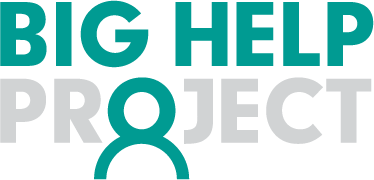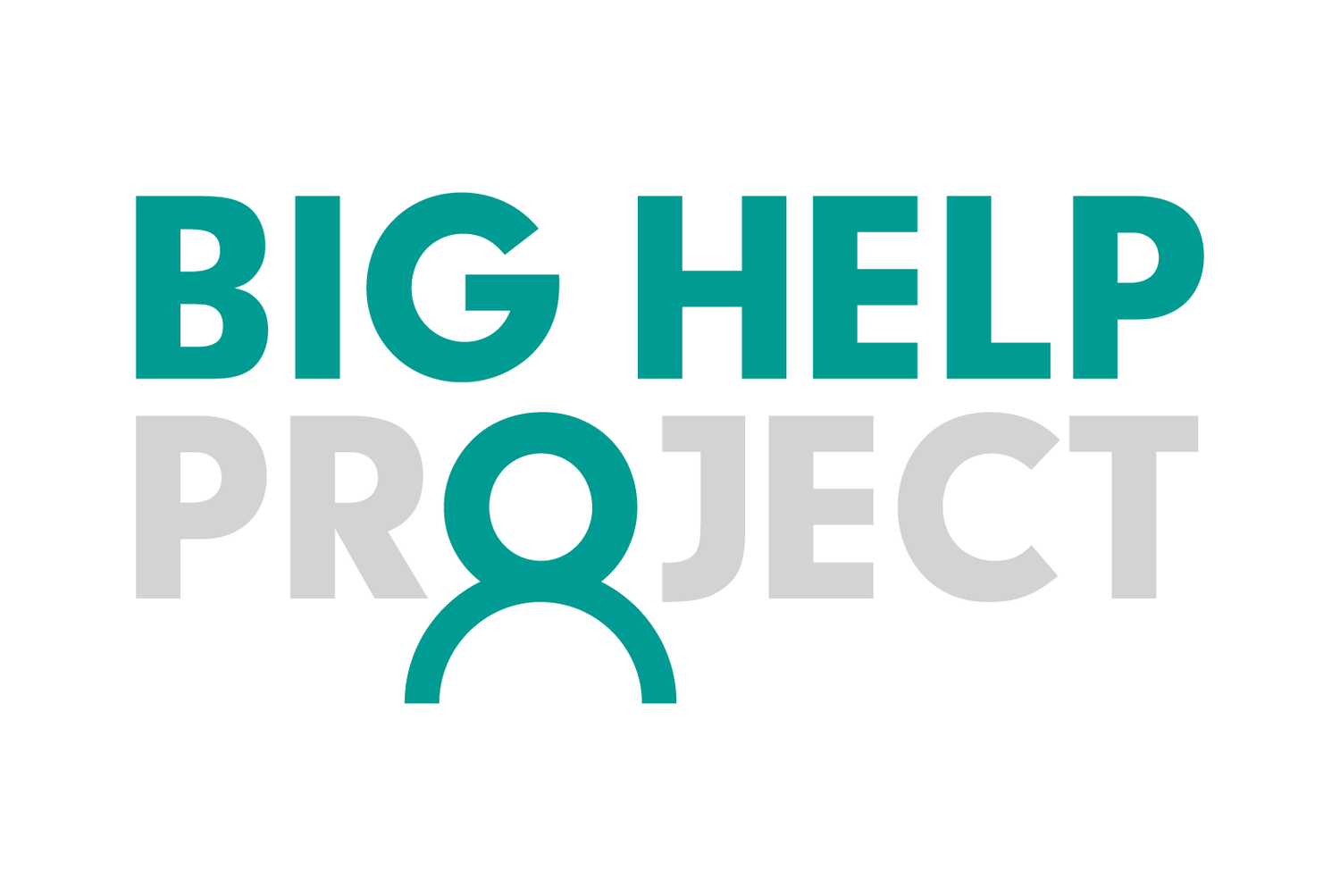Future of Britain Conference: Our Takeaways
Big Help Project were fortunate to have been invited to attend the Future of Britain conference in London this past Tuesday. As we are constantly engaging as an organisation with new policies, conversations, and ways to introduce further support to our service infrastructure, it is a priority of ours to ensure that we are making the most of each educational opportunity that comes our way.
Facilitated by Tony Blair’s Institute for Global Change, the Future of Britain conference featured talks from keynote speakers such as Jamie Oliver, Sal Khan, Corinne Sawers, and Eric Lonergan, as well as the Leader of the Opposition, Sir Keir Starmer, and former Prime Minister Tony Blair.
Big Help Project does not, however, shy away from criticising policy and approach when it has the potential to harm the individuals that we are serving through our charity’s mission. The following insight is a selection of key takeaways from the speakers at the conference.
Jamie Oliver’s food pledge was a central talk of the conference, where he discussed the issue of government approaches to food in the UK; advertising, policy, and ensuring that children are prepared when leaving home. The three key points made by Jamie Oliver were the need for free school lunches for all students, a call for protection from junk advertising aimed towards children, and that all pupils leaving education should know how to cook at least 10 dishes.
Free school meals for children have been the core of much debate, but Jamie Oliver simply followed his ask with: “See the children. See the parents that pick them up. Feed them.” Where criticism comes in regarding the judgment of parents’ food choices for their children, he added that it is “not about judging people, it’s about changing our environment” surrounding food and food choices. Expanding on what it may take for the changes proposed to be fully implemented into society – and accepted – he stated that “humans generally don’t make change until disaster”, and that the situation that we are currently in is grounds for imminent and needed change. To end his talk, the food campaigner framed the two priorities moving forward as ensuring managed debt and mortgages and feeding the families right.
Insight into elements of food security is, of course, a huge interest of Big Help Project, with our entire Food Club model being created with the purpose of food security, alleviating poverty, and also eliminating as much food waste as possible. Encouraging people to spend money on better quality food does open the conversation of food prices and the affordability of this lifestyle that Jamie Oliver is pushing to be an integral element of society.
Climate change was also a significant topic of the conference as we, moving forward, must understand the gravity of climate change and its consequences. Delivering a speech on the business of climate change was Corinne Sawers of Kohlberg Kravis Roberts and author of SuperchargeMe, Eric Lonergan.
Whilst the issue of taxation often comes into play when debating solutions to climate change, Sawers and Lonergan made clear that the best approach to reducing this risk is to provide companies with “positive incentives for change”. This being a common thread of success stories that they have encountered. None of these success stories include taxation. The perception of our societal solutions to climate change, they stated, is at odds with the true narrative.
The two speakers emphasised that driving change requires making the green options more affordable than their alternatives. Humans change their behaviour when it is cheaper for them to do so (or their friends are doing it), and businesses change their behaviour when they know they will make more money from it, and this is the thought process behind Sawers and Lonergan’s approach to climate change.
Big Help Project’s efforts to reach our net zero goals culminated in making the greener options the cheaper options. Our community shops and food clubs provide individuals and families with the opportunity to shop at a reduced rate, all while encouraging second-hand buying and elimination of food waste alongside our recycled paint initiative – Painting Green.
As we enter a new landscape for technology and its role in both policy and the non-profit industry, learning how AI is being used to enhance organizations’ charitable aims was a welcome experience for education as such a new feature. Sal Khan of ‘Khan Academy’ delivered a speech regarding the use of artificial intelligence in school settings, providing students with a tutor-like service, and similarly, teachers with a teaching assistant.
Noticing gaps in the education system, Sal Khan started making educational YouTube videos for his younger family members to help with their homework. In a traditional academic system, the entire class moves through content as a unit, leaving gaps where some students may not have fully understood a concept, despite it being displayed in tests and quizzes. As those YouTube videos expanded into the now huge non-profit organization that is Khan Academy, the addition of AI to his online classrooms provides students with an aid who can prompt and enhance their learning rather than replace it, stating that this inclusion will not increase cheating on tests but rather improve the education system overall as each student is given equal attention.
Sal Khan closed his talk with the fact that, despite him formerly not believing this to be achievable in his lifetime, the goal is free world-class education for all.
In conclusion, the Future of Britain conference proved to be a valuable educational opportunity for Big Help Project. Engaging with prominent speakers and leaders such as Jamie Oliver, Sal Khan, Corinne Sawers, and Eric Lonergan offered valuable insights into critical issues facing society today. From advocating for free school lunches and food security to addressing climate change through positive incentives, the conference presented innovative solutions for a better future. As Big Help Project continues its mission of service and support, the knowledge gained from the conference will undoubtedly guide our efforts towards creating a positive impact on the lives of those we serve.


